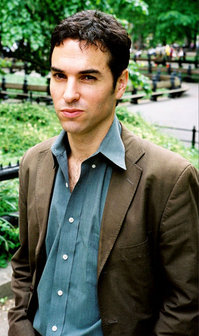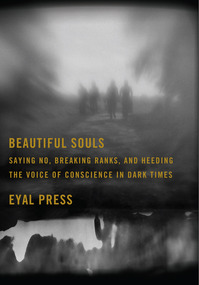This is a great example contra (or at least qualifying) Daniel Pink’s claim that all you need do for knowledge workers is provide them enough money so that they can provide for the basic needs of themselves and their family.
(p. 145) The public offering process brought details of the intended allocation of Pixar stock options into view. A registration statement and other documents with financial data had to be prepared for the Securities and Exchange Commission and a prospectus needed to be made ready for potential investors. These documents had to be reviewed and edited, and it was here that the word apparently leaked: A small number of people were to receive low-cost options on enormous blocks of stock. Catmull, Levy, and Lasseter were to get options on 1.6 million shares apiece; Guggenheim and Reeves were to get 1 million and 840,000, respectively. If the company’s shares sold at the then-planned price of fourteen dollars, the men would be instant multimillionaires.
The revelation was galling. Apart from the money, there was the symbolism: The options seemed to denigrate the years of work everyone else had put into the company. They gave a hollow feel to Pixar’s labor-of-love camaraderie, its spirit that everyone was there to do cool work together. Also, it was hard not to notice that Levy, one of the top recipients, had just walked in the door.
“There was a big scene about all that because some people got (p. 146) huge amounts more than other people who had come at the same time period and who had made pretty significant contributions to the development of Pixar and the ability to make Toy Story,” Kerwin said. “People like Tom Porter and Eben Ostby and Loren Carpenter–guys that had been there since the beginning and were part of the brain trust.”
Garden-variety employees would also get some options, but besides being far fewer, those options would vest over a four-year period. Even employees who had been with the organization since its Lucasfilm days a decade earlier–employees who had lost all their Pixar stock in the 1991 reorganization–would be starting their vesting clock at zero. In contrast, most of the options of Catmull, Lasseter, Guggenheim, and Reeves vested immediately–they could be turned into stock right away.
“I decided, ‘Well, gee, I’ve been at this company eight years, and I’ll have been here twelve years before I’m fully vested,’ ” one former employee remembered. ” ‘It doesn’t sound like these guys are interested in my well-being.’ A lot of this piled up and made me say, ‘What am I doing? I’m sitting around here trying to make Steve Jobs richer in ways he doesn’t even appreciate.’ ”
Source:
Price, David A. The Pixar Touch: The Making of a Company. New York: Alfred A. Knopf, 2008.
(Note: italics in original.)
(Note: my strong impression is that the pagination is the same for the 2008 hardback and the 2009 paperback editions, except for part of the epilogue, which is revised and expanded in the paperback. I believe the passage above has the same page number in both editions.)
For Daniel Pink’s views, see:
Pink, Daniel H. Drive: The Surprising Truth About What Motivates Us. New York: Riverhead Books, 2009.


